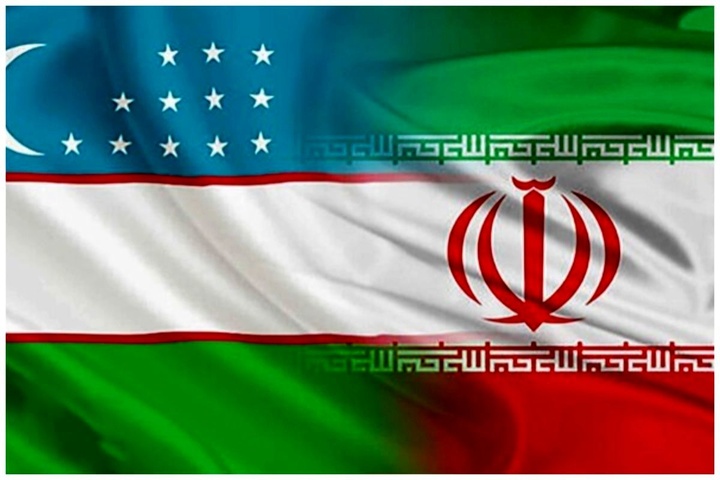Addressing participants in a meeting called “A Look at Shared Cultural Heritage of Iran and Uzbekistan", Jalali said: "Accurate understanding of our historical and mystical identity is not possible without referring to Central Asia."
He added: “Iran and Central Asia shared common ground in many areas such as historical, artistic, architectural, and mystical fields over the past five to six centuries, and works seen today in Iran and Central Asia are all similar and complementary to each other both in terms of architecture and artistic perspective and functional diversity”.
The researcher continued: “If we want to understand Islamic mysticism, we must necessarily turn to Central Asia. Various great figures of this region had a profound impact on theoretical mysticism and cultural interactions of Muslims”.
Referring to the role of Khajeh Nasir al-Din Tusi in political and social literature of Muslims, Jalali said: “The term "civilization" was introduced, for the first time, by Khajeh Nasir in Akhlaq-i Naseri. He considered civilization-building to be based on two pillars: justice and love, and he presented this idea as derived from teachings of Imam Reza (AS)”.
“Based on Khaja Nasir's intellectual heritage, justice alone is not enough; rather, love and affection guarantee sustainability of civilization. As Imam Reza (AS) said that continuation of blessings and the power of societies depend on justice and benevolence”.
Jalali also emphasized importance of art and wisdom in process of civilization-building. “Civilization-building is not possible without accompaniment of art, philosophy, and academia. If religion is to keep pace with requirements of time and place, it must be presented in updated artistic and literary forms”.
Elsewhere in his remarks, Islamic Research Foundation’s intellectual introduced Amir Ali-Sher Navoi, noting “He left behind more than 350 works and played an important role in transmitting ideas and saving libraries during turbulent periods of history”.
Concluding his remarks, he mentioned: “The closer we get to our cultural and mystical heritage, the closer we will get to the realities of our identity. Readdressing shared works and ideas between Iran and Central Asia is an undeniable necessity for us today”.


Your Comment